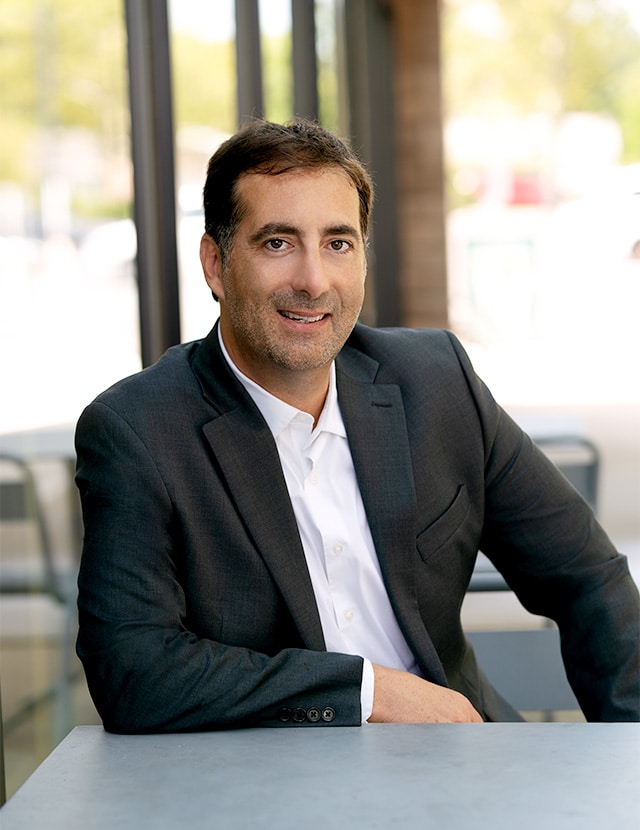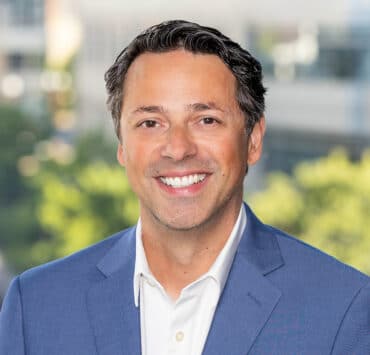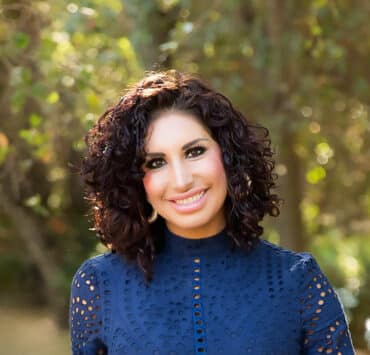|
Getting your Trinity Audio player ready...
|
Some people might view privacy and compliance as a list of tasks they need to perform to avoid hefty fines. To Alejandro Gene, it’s much more than that.
“Today, when the use of personal data has become so prominent, there’s a duty from companies to be transparent and to not just do what they can with data lawfully but ethically,” says the vice president and chief privacy officer at Bristol Myers Squibb (BMS). “People are becoming aware of data-related risks, and I strongly believe they’ll trust companies that they can trust with their data.
“If a pharmaceutical company is able to explain their value proposition and be transparent about what they do and don’t do with their customers data,” he continues, “they will earn a seal of trust and then, customers will be more likely to share their data in situations that’ll not only benefit the company but society as a whole.”
His perspective has been informed by his work with various stakeholders from the scientific community and the pharmaceutical industry, where better data can translate to better health outcomes, more in-depth investigations into the world’s most pressing issues, and even longer lives. As he and his colleagues balance that reality with the need to navigate more restrictive privacy laws, building that seal of trust has become more important than ever.
At BMS, Gene and his team have fostered a culture of integrity through initiatives that work to build a sense of accountability, responsibility, and cultural awareness companywide. Through their soon-to-launch, internally developed privacy academy, BMS employees will be able to take a tiered privacy course that covers issues relevant to every level of the organization.
“I view privacy like this: if you’re going to take a medicine my company produces, you do it because you trust the medicine will help you. I view data like that. You need to position it almost as importantly as that medicine.”
Alejandro Gene
It’ll also include a summary checklist that’ll contain actionable advice for the user to revisit after the course. In addition to the academy, Gene and his team have centered their internal privacy education efforts around a newsletter and an interactive podcast.
For him, these efforts not only help his internal clients understand privacy information in a way they can digest but also ensure that they understand the advantages of positioning privacy considerations at the forefront of their day-to-day work.
“I view privacy like this: if you’re going to take a medicine my company produces, you do it because you trust the medicine will help you,” he says. “I view data like that. You need to position it almost as importantly as that medicine. You need to create an affinity with it.”
Gene advocates externally policy initiatives with the same passion. He currently serves as chair of the International Pharmaceutical & Medical Privacy Consortium, whose members push for innovative privacy solutions to protect patients, enhance healthcare, and support business enablement. He also represents his organization in the data governance working group at the European Federation of Pharmaceutical Industries and Associations, where he and his colleagues are working on a code of conduct on how to process personal data in compliance with EU Data Protection Law, in the context of clinical trials.

Through those avenues and others, he gets an opportunity to sit down with government regulators to help shape legislation.
“We have a chance to discuss important topics with agencies, saying, ‘Hey, you’re regulating in our space, so here’s what we think would be a good regulation or here are the potential unintended consequences of this regulation or that one on research. Here’s what we propose or suggest to make it better.’
“That’s important because regulators are making laws that have a significant impact on people, society, and companies,” he continues, “but sometimes, the experts that understand those impacts most aren’t always sitting with the government. So, the government has an interest to listen to what the experts have to say. There needs to be a healthy and transparent interaction between them.”
Gene, who was born in Spain to a Barcelonian father and an Austrian mother, admits that his international upbringing shaped not only his legal perspective but also his career journey. He was raised learning different languages and attended an international high school that exposed him to public speaking, ethics, and Model United Nations. That experience convinced him early on that he wanted to pursue diplomacy as a career, but he went on to choose law for the flexibility it could provide. However, his desire to work internationally always stuck with him, so much so that he took on positions that made him a stronger candidate for those kinds of roles.
That’s his advice for young professionals who have a similar dream.
“In my career, I moved law firms when my CV wasn’t good enough at the beginning. I spoke with people more knowledgeable and experienced than me to figure out how to reach my goal,” he says. “Sometimes, it also took working in roles that I knew were not for a long term and seeing them as a middle step. When you do that, you have to stay focused and motivated to reach your end goal.”

